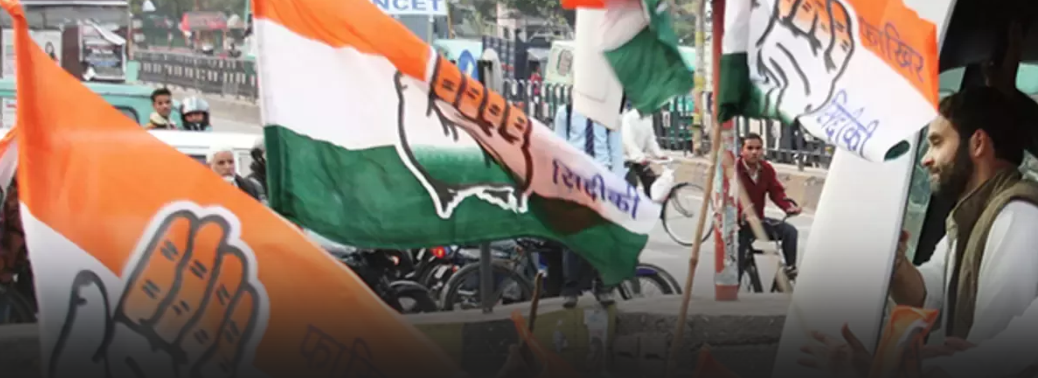Political parties yet to comply with RTI Act
22, Mar 2019

Prelims level : Parliament
Mains level : GS - II
- In a time of deep political polarisation, refusing to comply with the RTI Act seems to be one of the few issues that has united national parties across the ideological spectrum.
- Despite a June 2013 ruling from the Central Information Commission (CIC) that they fall within the ambit of the transparency law, parties insist that they cannot be considered public authorities under the Act.
- Six years on, with another Lok Sabha election in the offing, the Supreme Court is set to adjudicate on the issue.
- National political parties are the main players as far as elections are concerned. In a democratic system of governance, it is essential that they are held accountable by informed citizens. But most political parties refused to comment publicly on the issue, saying it was sub judice.
RTI not extended to political parties:
1. The Election Commission has said in an order that political parties are out of the purview of the RTI Act
2. This is contrary to the Central Information Commission’s directive bringing six national parties under the transparency law
RTI act enforcement
- When it comes to the RTI Act, the Central Information Commission is the only appellate authority which may declare a body as a public authority if it is convinced that the organization fits into the criteria for being under the Right to Information Act
- The Central Information Commission has declared six national political parties as a public authority
- The Election Commission cannot take a position contrary to that unless the order of the CIC has been overturned by the Supreme Court or High Courts
Central Information Commission
- The Central Information Commission has been constituted under the Right to Information Act, 2005
- The jurisdiction of the Commission extends over all Central Public Authorities
- The Commission has certain powers and functions mentioned in sections 18, 19, 20 and 25 of the RTI Act, 2005
- These broadly relate to adjudication in the second appeal for giving information; direction for record keeping, suo moto disclosures receiving and enquiring into a complaint on the inability to file RTI etc; imposition of penalties and Monitoring and Reporting including preparation of an Annual Report
- The decisions of the Commission are final and binding.
- The Commission includes 1 Chief Information Commissioner (CIC) and not more than 10 Information Commissioners (IC) who are appointed by the President of India
- CIC and members are appointed by the President of India on the recommendation of a committee consisting of—Prime Minister as Chairperson, the Leader of Opposition in the Lok Sabha; a Union Cabinet Minister to be nominated by the Prime Minister






